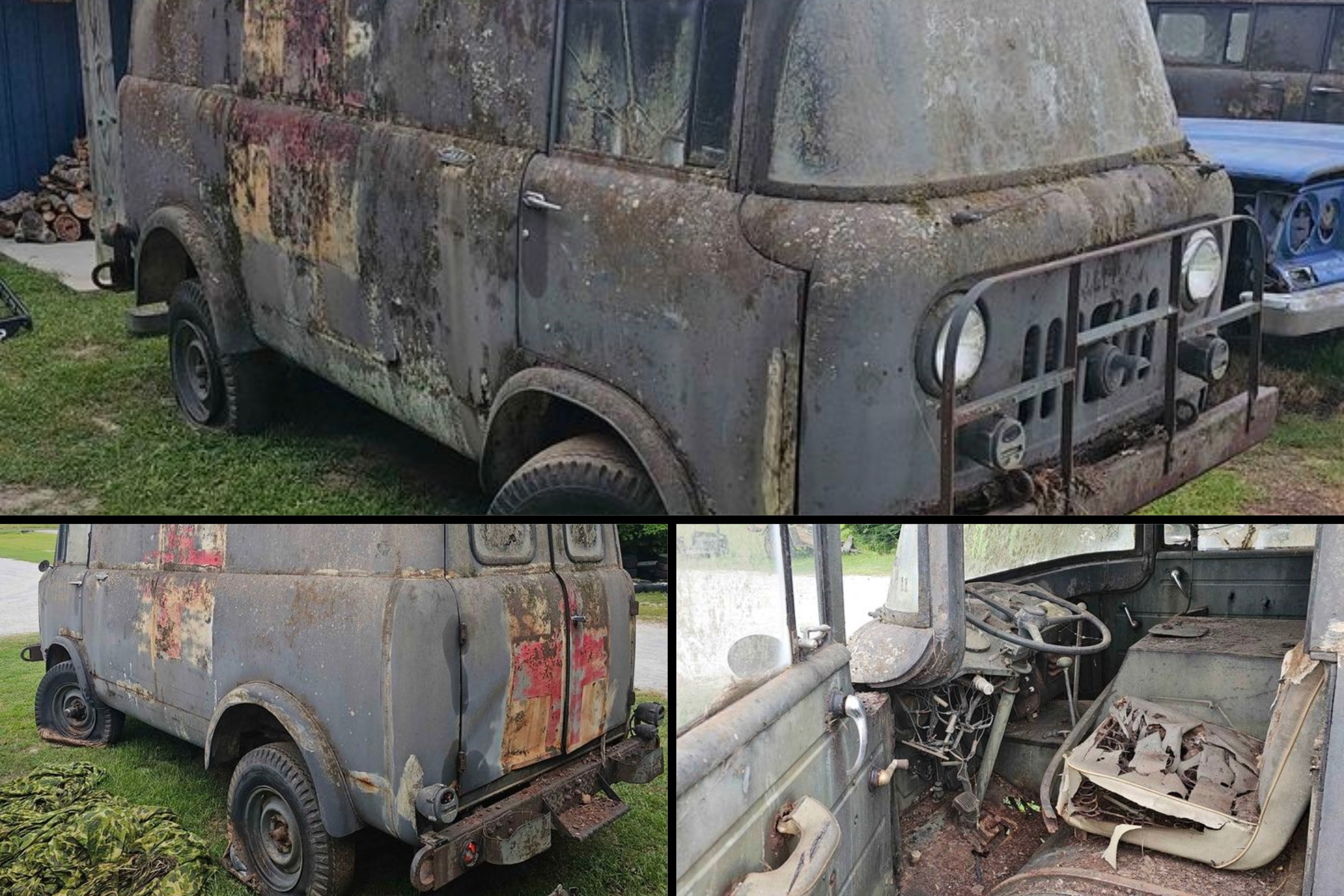Established in 1908, Willys-Overland focused on passenger cars until the late 1930s. That changed after WWII when the company chose to concentrate on utility vehicles based on the highly popular, military-spec Jeep.

Launched in 1944, the civilian CJ was followed by the Willys Station Wagon and Willys Truck, both designed by Brooks Stevens. All three models soldiered on for years without significant changes. But, as the marketplace grew more competitive in the 1950s, Willys was forced to develop a brand-new design.

That’s how the Jeep Forward Control was born in 1956. Also penned by Stevens, the FC was a notable departure from the company’s regular utility vehicles. The FC featured a cab-over-engine design inspired by large trucks and kickstarted a new niche.

The space-efficient design and versatile chassis setup made the truck popular with municipal, corporate, and military operators. However, the Forward Control didn’t become as successful as Willys had hoped. The company sold just over 30,000 units through 1965, when the line was discontinued in favor of the Gladiator.

Like many flops from the era, the Forward Control enjoys a cult following nowadays. And it’s not just the civilian versions that are sought after. Collectors are also chasing commercial and military rigs. Both are somewhat rare due to their low survival rate. The ex-military ambulance version you see here, for instance, is one of about 20 known to exist.

It’s a final-year 1965 van-body variant of the M679 variety. It’s one of four military-spec FCs built back in the day, and it’s based on the FC-170. The latter had a 103-inch (2,616-mm) wheelbase and came with a 108-inch (2,743-mm) bed for civilian use, but some chassis were re-bodied into vans.

Two different vans were created for military use. The M678 was a carry-all version with three doors and windows all around. The M679 variant you see here had only two cabin doors and no further side windows. Most of them were used as ambulances.

This derelict example was used by the US Marine Corps, which means it packs a few unique features. For starters, it has a reinforced frame and a 24-volt electrical system. It also draws juice from a Cerlist three-cylinder two-stroke diesel engine. The 170-cubic-inch (2.8-liter) mill was rated at 85 horsepower when new.
The oil burner was not available in the civilian FC-170 version, which was sold with the 226-cubic-inch (3.7-liter) Super Hurricane inline-six. The smaller Forward Control trucks came with the 134-cubic-inch (2.2-liter) Hurricane inline-four, while the larger FC-180 and F-190 rigs were powered by the 272-cubic-inch (4.5-liter) Y-block V8.

Parked for 30 years, this van is in poor shape. It’s covered in dirt and moss, has plenty of rust spots, and the interior is a complete mess. In short, it needs a full restoration to become road-worthy again. But there’s good news under the cab because this van still has the original Cerlist diesel.

